HERITAGE companies travel a path of uncertainty in these confusing times.
The likes of Google, Facebook, Amazon and Airbnb have swooped in on industries that have painstakingly built their business up over generations, upsetting the previous order and creating shiny new opportunities for investors. By applying technology to disrupt the incumbents, the newcomers have cleverly wedged themselves into positions that allow the hype around their successes to create impressive valuations for their businesses.
This trend is being repeated in other industries, and is something Goldbell Group‘s CEO, Arthur Chua is observing with keen interest.
“What I’ve been noticing in valuations is that people tend to invest more in dreams rather than financial performance.”
Arthur, 35, gives an example of a couple of businesses in Taiwan that are involved in an area his company is interested in — electronic vehicles (EV).
“I read about a start-up with a valuation of US$800 million. I told my friend about it, but he asked me to look at another company for comparison. The other company is a large conglomerate established in the 1960s. It has businesses in Taiwan and China, distributing and producing vehicles. It has an EV subsidiary that has 40% of the share of the EV market.
“The valuation for the entire group is only US$300 million,” Arthur says, shaking his head.
“This is a huge disparity. There is no clarity on how to value start ups.”
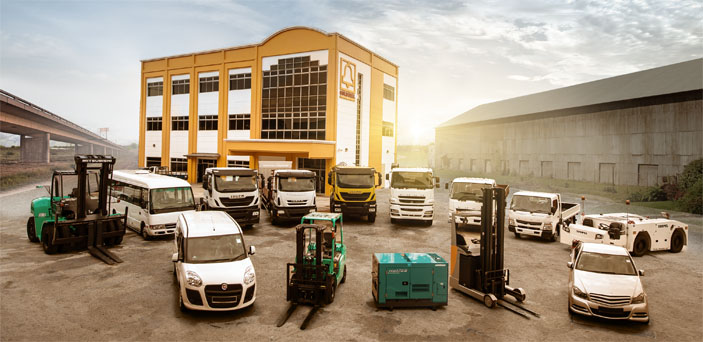
Adding Fresh Directions
Homegrown Goldbell distributes and leases commercial vehicles. It was established in 1980 by the late Chua Kim Cheng and his son (Arthur’s father), Chua Geok Eng. From being the exclusive distributor for Komatsu forklifts, the company grew into a leading name in commercial vehicles and industrial equipment distribution and leasing.
Goldbell has a regional footprint, with operations in Malaysia, Vietnam and Australia. Its measured growth and business expansion have contributed to growing revenues — from S$232.3 million in FY2013 to $393.8 million in FY2017.
As a third-generation business leader, Arthur is looking at incorporating fresh directions for the group’s growth. Arthur learnt the business at his father’s elbow, and now carefully blends in what he’s picked up over the years into streams of business activity designed to lead Goldbell into the future.
Related Articles:
Delivering A Smoother Business Journey
“Heritage companies do not know how to market themselves. New companies know how to tell their story better.
“Traditional businesses have good technologies but do not know how to surface them to the market. Many of these companies are unable to bridge old talent and new talent.”
Focusing on bridging experience with enthusiasm has been key to Goldbell’s continued leading position in the industry. In analysing the situation, Arthur notes these observations.
How Can Heritage Companies Do Better In The New Ecosystem?
- Heritage companies should not camouflage what they have, but surface the new technologies they have under a separate company; as a subsidiary of the holding company.
- This subsidiary company will be able to build new talents, which investors like. Investors will not see them as old companies running new start ups.
- The subsidiary company gets to share old company know-how within the new entity.
Spreading Its Reach
While many companies are expanding into foreign markets to establish a larger presence, Goldbell’s approach is to focus on a few, but develop deep roots.
“It was one of the lessons my grandfather taught my father. If you’re successful in a few markets, that’s already a lot. It’s better than planting seeds everywhere and none are successful.
“That’s why we are very focused in Vietnam and Malaysia; we’ve been there seven years. It takes a long time to understand the culture and how to do business there. And along the way opportunities will arise when you’re entrenched in the market.
“Malaysian authorities recently said that foreign entities could engage in non-commercial leasing. Since we know this market well, we could tap on this opportunity. It then becomes a big market,” Arthur says.
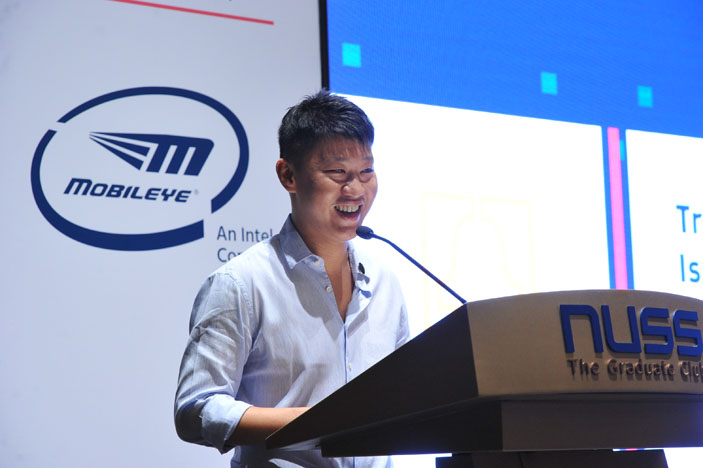
Handling Uncertainty
Goldbell has made a healthy habit of observing and managing uncertainty.
“In the past, some of our growth was a result of regulatory changes. Rather than seeing it (regulatory changes) as a problem, we see opportunities.
“The Singapore government likes to transition from one Euro standard to the next very quickly. During one of these transitions, we took a huge stock position because we knew the competitors didn’t have stock.
“We understood the market, took a position and sold a lot of vehicles. When you understand the pulse of the market, you can understand how regulatory changes can benefit you,” Arthur explains.
You Might Also Like To Read:
Globalisation — One Size Does Not Fit All
Problems With Convenient Solutions
But this requires constant communication with the movers and shakers in industry.
“I network a lot with the various ministries to understand their thought processes. Things are moving so fast in Singapore, and a lot of people do not understand the full scope of what the various ministries are trying to do.
“Once you understand what all the various government schemes are, you can see the direction the government is heading. So, by engaging myself in a lot of events and talks where the government and ministries explain their various policies and strategies and schemes, I can see where they are headed.”
Goldbell recently co-organised Future Mobility In Singapore: Smart Cities & Safe Transport, a series of presentations with Israeli companies, with an emphasis on automation and EVs. These disruptive elements will have a huge impact on industry and society. By collaborating with these leading-edge companies, Arthur is looking well into the future to understand how the road will wind and what Goldbell can do to stay on course.








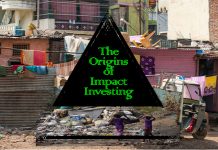


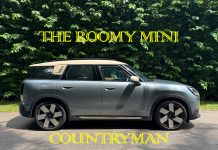





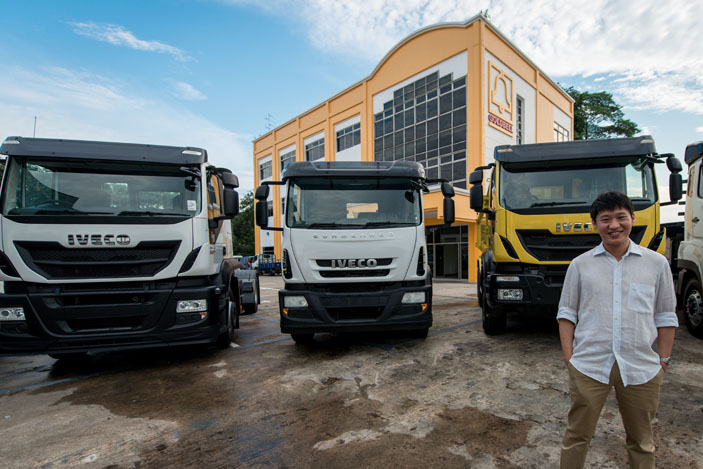





Talking about EV, we need good EV charging systems.
Such system like wireless charging sytems that can be charged when the EV in motion.
This has been devloped by my former university engineering department, University of Auckland.
This technology has been tested in UK and seems to be successful.
I am interested and wish I can bring this technology and place it Singapore.
Thank you.
Regards
Adam Seah